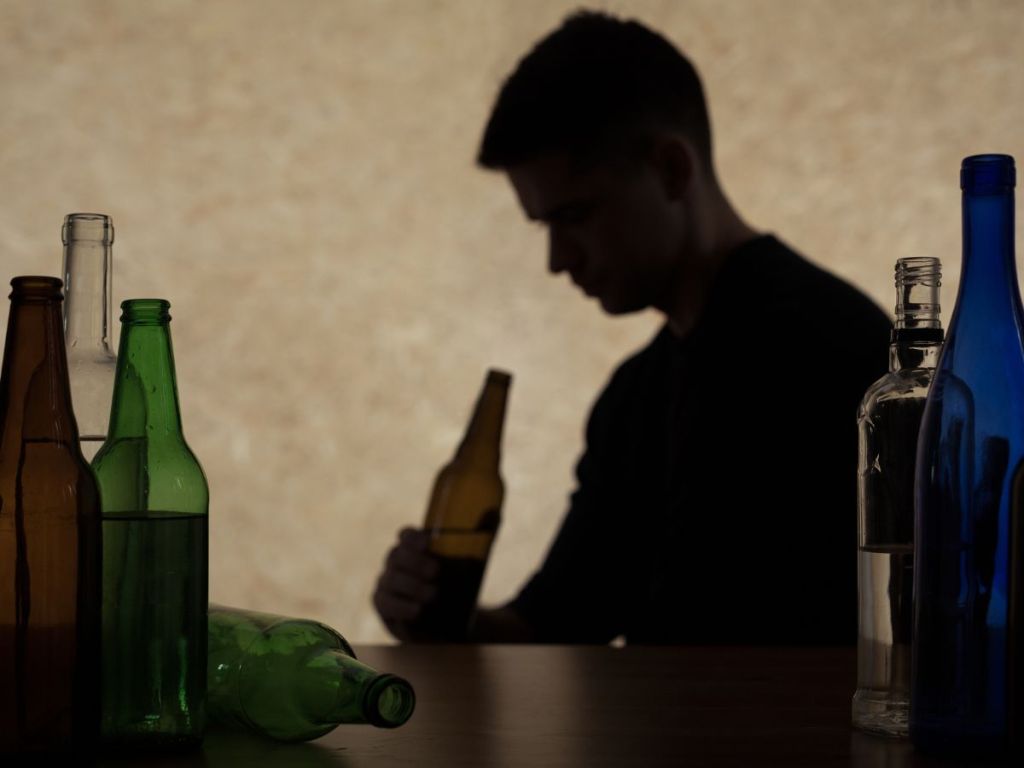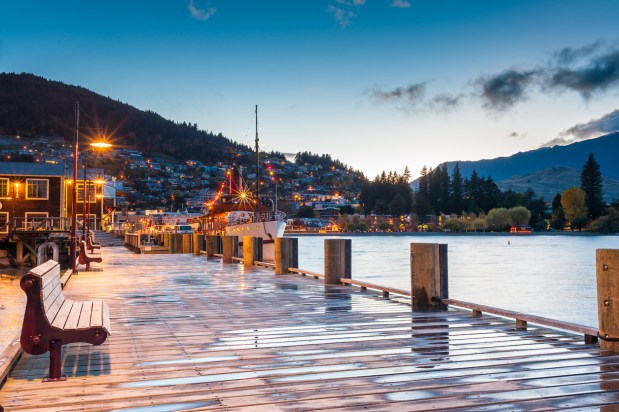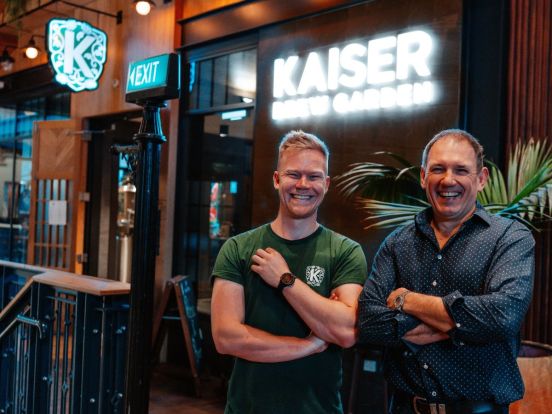The NZ Alcohol Beverages Council (NZABC) is a member of the International Alliance for Responsible Drinking (IARD) which has recently launched a report looking to share best practice actions to prevent underage drinking.
These include responsible sales, preventing marketing to those underage, providing training and educational tools and creating partnerships to help make underage drinking socially unacceptable.
“We are encouraged by the ongoing trend and decline in underage drinking. Children and those underage should not drink or have access to alcohol,” says NZABC executive director Virginia Nicholls.
To help prevent those underage from seeing alcohol advertisements online, IARD members have put in place safeguards on their online marketing channels aimed at helping to ensure their marketing is only directed at those adults who can lawfully buy their products. Safeguards are being strengthened through global partnerships with leading digital platforms.
There are also first ever industry-wide global standards aimed at enhancing transparency and preventing influencer marketing reaching those under the legal purchase age.
IARD also recently launched free online resources that support retailers[1], hospitality venues, and delivery platforms in their efforts to help ensure alcohol is not sold, served, or delivered to people underage or intoxicated.
Since 2010, underage drinking has fallen or stayed the same in three-quarters of the 65 countries where national data is available. It has fallen in half these countries.
“In New Zealand fewer young people under 18 are drinking alcohol and those who do are drinking less hazardously. However more work needs to be done to continue to accelerate these changes,” says Virginia
According to the NZ Youth 2000 survey[2] an increasing proportion of secondary school students are choosing not to drink. The proportion of secondary students who have never drunk alcohol increased markedly from 26% in 2007, to 45% in 2019.
Over time, young people are drinking less often. In the total student population, young people who used alcohol in the past month fell between 2007 and 2019 from 49% in 2007 to 34% in 2019[3].
“It is encouraging to see that fewer young people drink and drink less hazardously”[4]. In 2006/07 74.5% of 15 to 17 year olds had alcohol in the past year and in 2022 this was reduced by 17.4% to 57.1%.
“In the annual survey[5] by NZABC, which aims to understand New Zealander’s views on how alcohol is perceived across a number of issues, found that most of us agree that targeted education and support programmes will create a better understanding of responsible drinking,” said Virginia.
One question asked what respondents thought of alcohol education programmes in schools and 76% agreed this will help to reduce alcohol-related harm.
“All the research tells us that the earlier you can start talking to teenagers about drinking the less likely it is they will become hazardous drinkers – or start drinking at all, which is why education programmes are so important,” said Virginia.
‘Smashed’ is an alcohol and health education and wellbeing programme delivered by the Life Education Trust to a third of New Zealand secondary schools. It is funded by the Tomorrow Project, a social change charity governed by Spirits NZ, NZ Winegrowers and the Brewers Association.
Since its inception in 2019 to the end of the 2022 school year, the Smashed programme has been delivered to more than 62,000 students across New Zealand. This means it engages with a third of year nine students in Aotearoa each year, building on substance education that starts in primary and intermediate schools.
It provides young people with practical information on how to say no to alcohol or not drinking at all, what a standard drink is and counting drinks, and talks about safe drinking, binge drinking, peer pressure, better decision making, and availability of zero-and low-alcohol drinks. It also includes an interactive workshop.
Independent research[6] showed the programme was supporting positive changes to youth drinking culture.
“The evidence suggested pupils who attended the programme gained an increased awareness of how different forms of alcohol-related harm might impact them and their peers”, said Virginia.
After experiencing Smashed, 92% of students said they were less likely to drink alcohol while underage.
[1] IARD launches resources for retail staff and servers to help prevent sale of alcohol beverages to minors – International Alliance for Responsible Drinking, September 2023
[2] Youth19 was conducted in 2019 in the Auckland, Northland & Waikato regions by researchers from The University of Auckland, Victoria University of Wellington, University of Otago and Auckland University of Technology. Youth19 is a scientifically and ethically rigorous survey, funded by the Health Research Council of New Zealand. Youth19 – A Youth2000 Survey.
[3] Ibid
[4] NZ Health survey 2021/22, Annual Update of Key Results 2021/22: New Zealand Health Survey | Ministry of Health NZ, accessed 2 Dec 22
[5] Conducted by Curia Market Research, December 2022, across 1250 people across New Zealand
[6] Smashed “showed us ways to deal with peer pressure,” NZCER, September 2022








